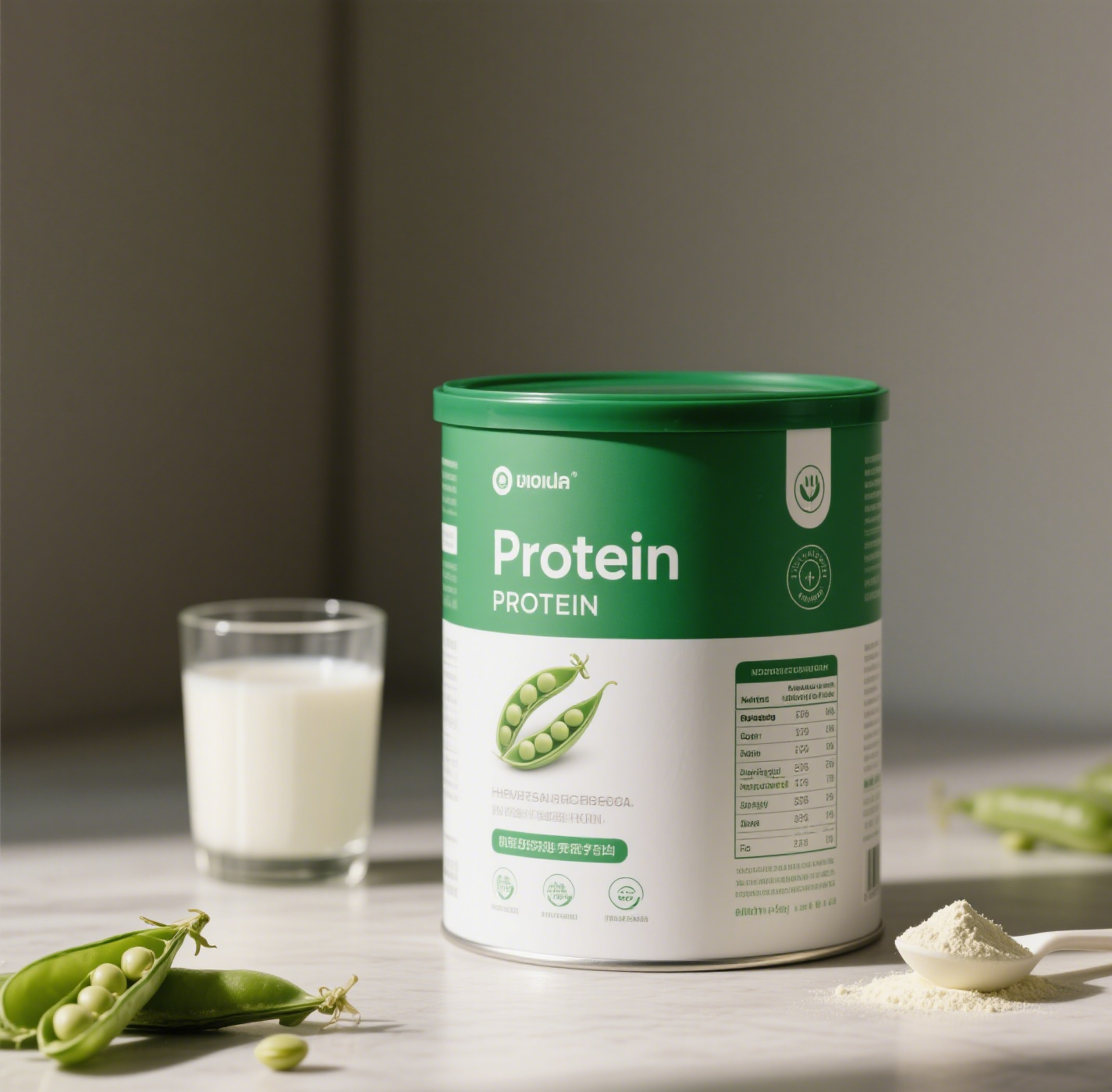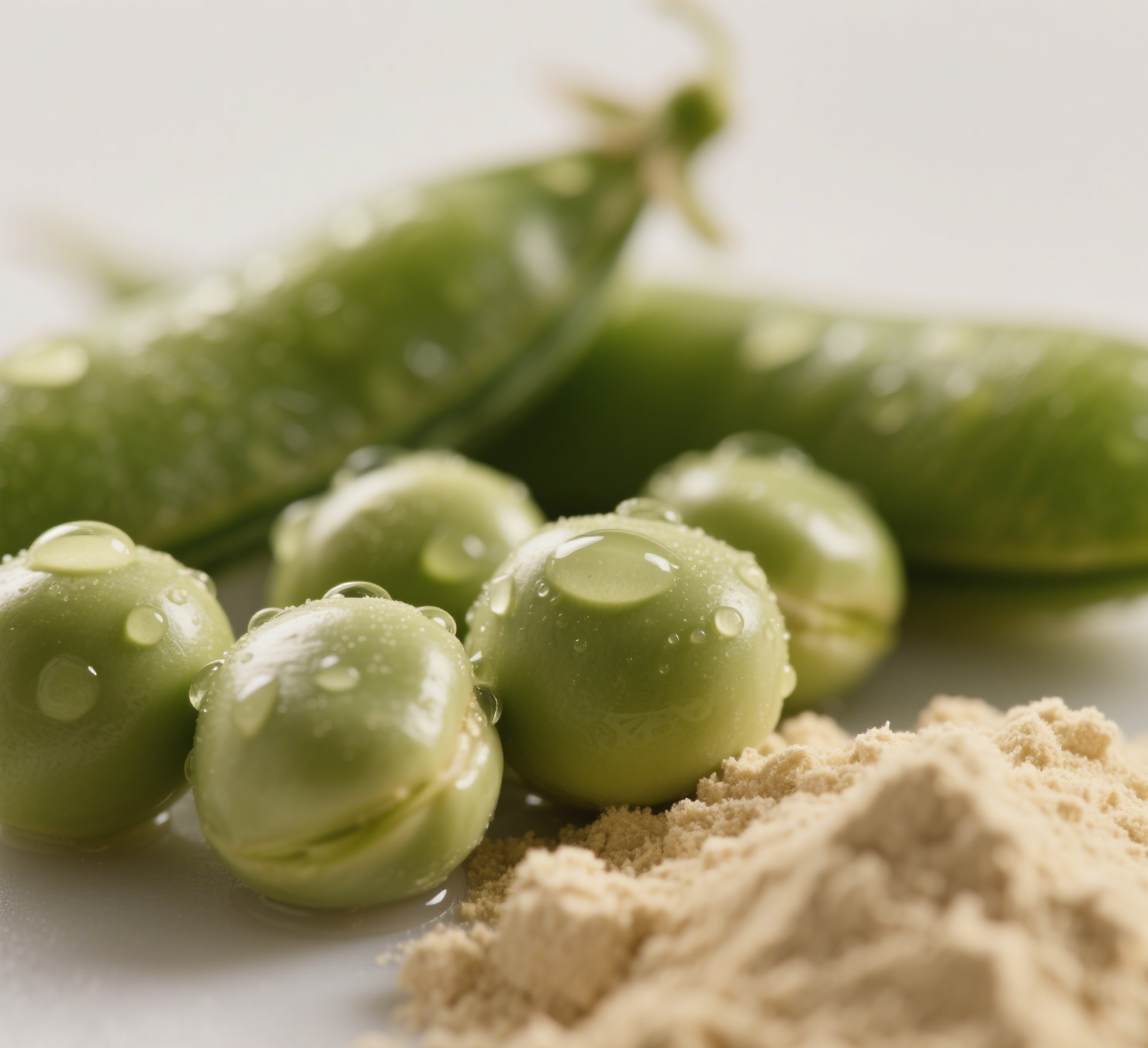pea protein suppliers
Pea protein suppliers play a crucial role in meeting the growing demand for plant-based protein solutions across various industries. These suppliers specialize in extracting and processing protein from yellow peas through advanced separation techniques, delivering high-quality protein isolates and concentrates. The process involves careful selection of raw materials, mechanical separation, and quality control measures to ensure consistent protein content and functionality. Modern pea protein suppliers utilize state-of-the-art processing technologies to maintain the nutritional integrity while eliminating anti-nutritional factors. Their products typically contain 80-85% protein content, offering excellent amino acid profiles and functional properties such as emulsification, gelation, and water-binding capabilities. These suppliers cater to diverse market segments, including food and beverage manufacturers, sports nutrition companies, and plant-based meat alternatives producers. They maintain strict quality standards and often provide customized solutions to meet specific application requirements. Many suppliers also offer organic and non-GMO options, responding to consumer demands for clean label products. The suppliers ensure traceability throughout the supply chain and maintain sustainable practices in their production processes.


